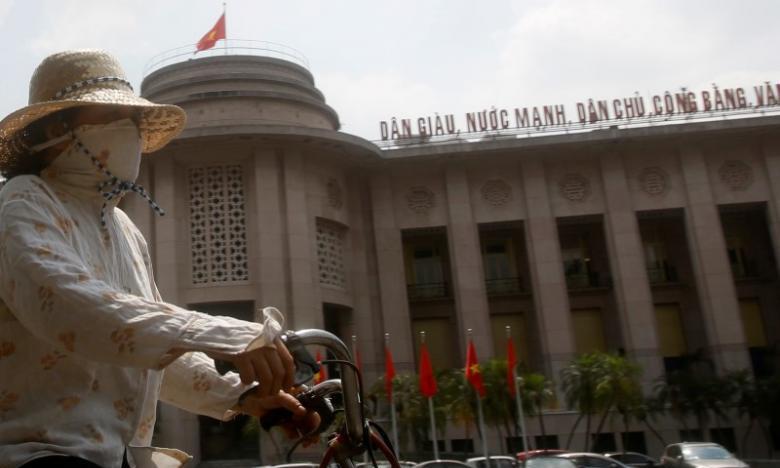
The covid-induced surge in loan delinquencies is threatening Vietnamese banks’ earnings and their growing capital momentum.
Banks across the Southeast Asian country are likely to face capital deficits should the crisis persist, according to a report by credit rating agency Fitch Ratings.
The number of past-due loans climbed to 45% in the first quarter of 2020 from the end of 2019 as covid-19 devastates the economy, which grew by only 3.8% in Q1 2020.
Banks and the government fear that the rate of loan delinquencies could continue to soar as economic prospects remain dismal due to weak global demand.
These loans largely comprise of mortgages and personal business loans and are usually secured by property, which may help recovery prospects in the event of default.
“However, the debt resolution process can be protracted and hindered by the country’s evolving legal framework. Banks’ underwriting standards also remain largely untested, in our view,” the report noted.
How well do you really know your competitors?
Access the most comprehensive Company Profiles on the market, powered by GlobalData. Save hours of research. Gain competitive edge.

Thank you!
Your download email will arrive shortly
Not ready to buy yet? Download a free sample
We are confident about the unique quality of our Company Profiles. However, we want you to make the most beneficial decision for your business, so we offer a free sample that you can download by submitting the below form
By GlobalDataIncreased slack in the labour market
Rising unemployment is expected to be a further drag on banks’ asset quality and profitability as it imperils the rapid growth in the retail and consumer banking segment in recent years.
Such an impediment could imply growing impairment risks in retail loan exposures, whose contributions to rated lenders’ loan portfolios have almost doubled to about 40% at end-2019, Fitch noted.
More stress could result in rising costs of credit, inflicting a further blow to profitability and elevated capital impairment risks.
Like many banks in the region, some Vietnamese banks have taken pre-emptive measures to beef up provisions to protect their balance sheets, even though regulatory relief measures allow them to maintain loans affected by the virus outbreak at pre-crisis classifications.
Delinquencies expected to continue rising
“Should banks continue to make timely provisions on newly impaired loans, we estimate that under our stress scenario, Fitch-rated local banks may face a capital shortfall of up to USD2.5 billion (27% of their combined end-2019 equity) in meeting the State Bank of Vietnam’s Basel II minimum total capital adequacy ratio requirement of 8%,” Fitch said.
State-owned banks are at risk of large gaps, Fitch added, as the capital deficit will be much higher across the system, noting that rated banks only account for only 27% of system loans.
Nearly five million people, or close to 10% of the working age population, have been reported to have been negatively impacted by the pandemic with some losing their jobs.
The Fitch’s report concluded:
“We expect loan delinquencies to rise further as Vietnam’s economic outlook remains dampened by weak global demand. The revision in our banking sector outlook in March and rating Outlook in April to Negative reflects our expectation of credit stress in banks’ portfolios.”






